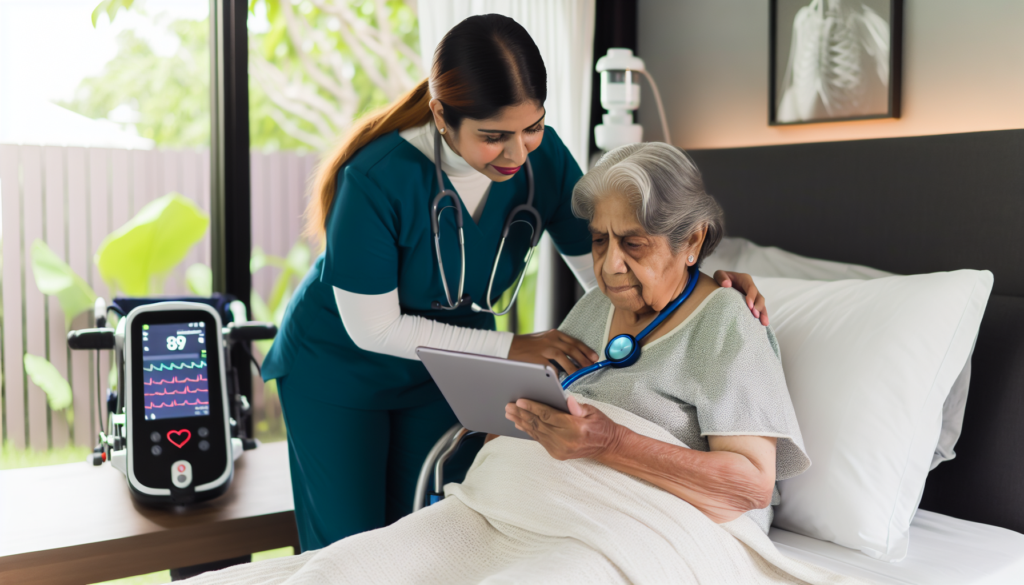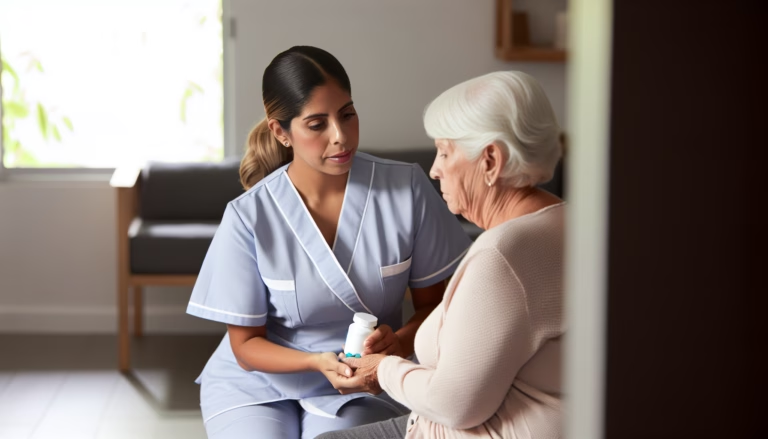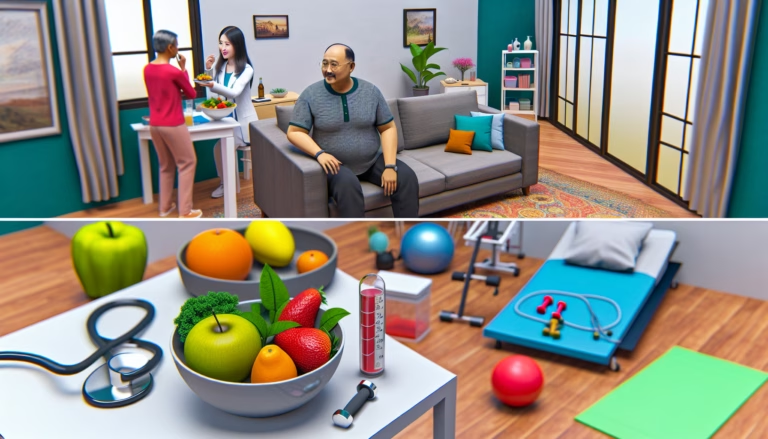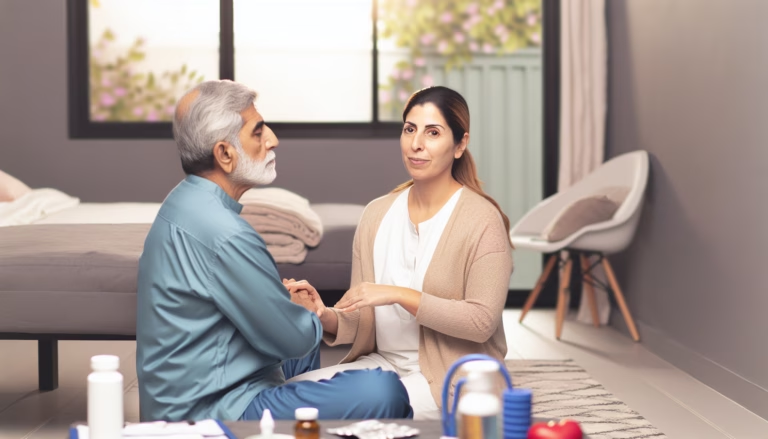The Importance of Ongoing Home Care Education
Healthcare is always on the move, with new research and treatments emerging every day. For individuals receiving home health care or support, keeping up to date with these changes can significantly impact the quality of care received. Therefore, ongoing education about treatments, medications, and health-related technologies is a crucial aspect of optimal home health care.
Understanding and Adapting
Changes in a receiver’s health conditions may require a shift in the care arrangement. For this reason, both the patient and the caregiver need to understand and adapt to these changes. Consistent education about the patient’s health status can empower them to play an active role in their own care, leading to potential improvements in their overall well-being.
Empowerment
Knowledge is power. By learning more about their health conditions, patients can feel more comfortable discussing their care options, asking questions, and making informed decisions about their health. This confidence typically leads to better communication with healthcare providers, which can ultimately result in improved care and treatment outcomes.
Innovation
Healthcare is an ever-adapting field with continuous innovations in techniques, equipment, and medicines. Home health care is no exception. Therefore, getting educated about these advancements can help home health care recipients to take full advantage of them, enhancing their quality of life and streamlining their care processes.
Support
Understanding the complexities of a health condition or the nitty-gritty details of a treatment plan can sometimes feel overwhelming. Education allows for better understanding, improving the support network between healthcare providers, patients, and their families. An informed support network can create a more compassionate environment, reducing stress and boosting the patient’s morale.
New Wellness Practices
Apart from medical education, learning about wellness practices can also prove beneficial. Approaches like practicing mindfulness, maintaining a balanced diet, doing regular exercise, and getting enough sleep can significantly impact a patient’s mental and physical health. With proper knowledge, patients can incorporate these practices into their daily routine, promoting overall wellness and better handling of medical conditions.
In conclusion, ongoing home health education equips home health care patients with the tools and know-how to manage their care journey better. By keeping up-to-date, patients can more actively participate in their care, improve communication with their caregivers, and potentially enhance their treatment results.
Continuing the Education Journey
While the task of constantly staying up-to-date might seem daunting, it’s important to remember that education is a journey, not a destination. It’s recommended to regularly consult reliable sources and health care providers, participate in educational seminars related to your health conditions, and stay connected with supportive and knowledgeable communities.
Remember, knowledge is a powerful tool that can greatly improve your home health care experience while enhancing your quality of life. Let’s remember to keep learning, growing, and empowering ourselves and each other for a healthier, happier life at home.



